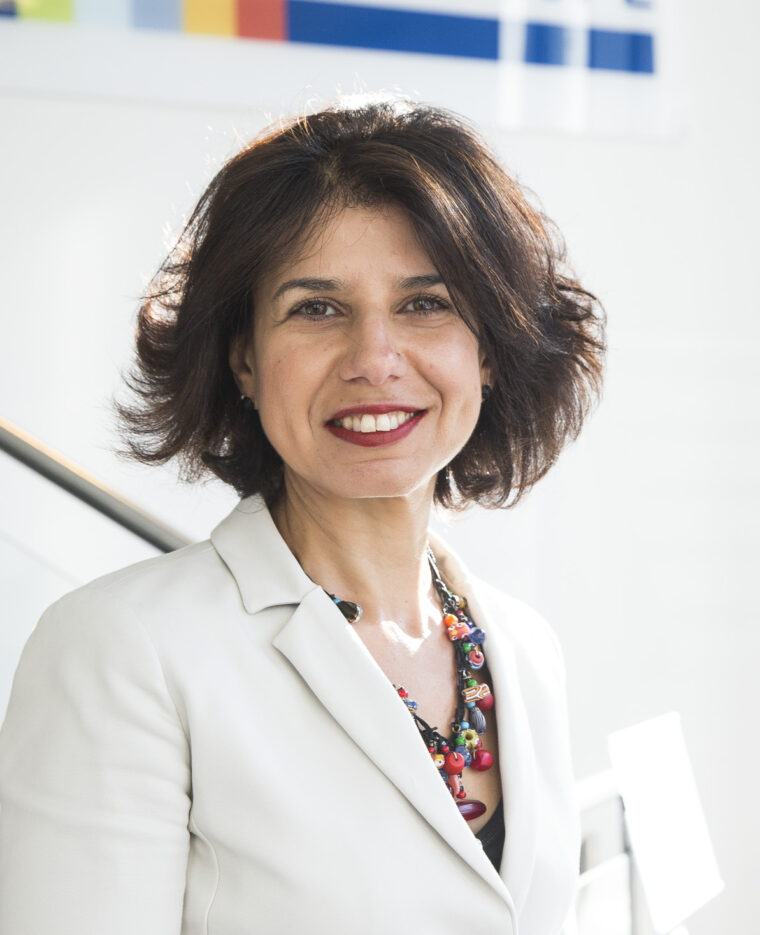Technologic group launches “What will you be?”, the major world program orientated to train young people in digital jobs.
Vodafone announced that, until 2022, the company will help until 22 million young people to develop their competencies, promoting job search in an increasingly technological and digital market.
Named “What will you be?”, this is the major world program that aims to prepare young people between 14 and 15 years to the digital economy and to provide career advice in 18 countries where the group is present.
The initiative materializes in two big intervention axes:
- The toll Future Jobs Finder, that allows users the fulfillment of a group of psychometric tests, designed to identify their skills and interests, suggesting the most adequate jobs to the profile of each person the digital and work market and, according to the obtained results they can have access to a resume of the main skills and strengths of each user and that can be used to improve their CV.
- The increasing number of job vacancies destined to young people that, every year, will obtain digital professional experience in the Group, contributes to halt the alarming number of young unemployment, as well as filling the absence of digital formation of the new generations. In Portugal, the ambition is to reach 3000 young people until 2022.
“No society prosper if a big part of its young people is unemployed. Through history, new technologies have been replacing positions in many industries, reducing the number of available jobs. However, simultaneously, new jobs started to emerge. Over time, every workplace will be digital, resulting in an increasing search for specialized professionals in digital and technological skills. We want to help new generations to not be excluded in the new working world”, states Vittorio Colao, Vodafone Group’s CEO.
Portuguese Diaspora Council:
New skills in the XXI century and the preparation to new generations was one of the themes of the Portuguese Diaspora Council’s 2015 Annual Meeting, where it was debated employment in the digital era and the development of soft skills. In this meeting it was concluded that Portugal presents a gap between education and school drop-out levels, particularly between 18 and 24 years, and that education institutions should question classical models, exploring new technological possibilities, promoting a more creative and dynamic environment, to shape the curricula to serve the needs of a global and digital work market.
By Portuguese Diaspora Council, March 2018






